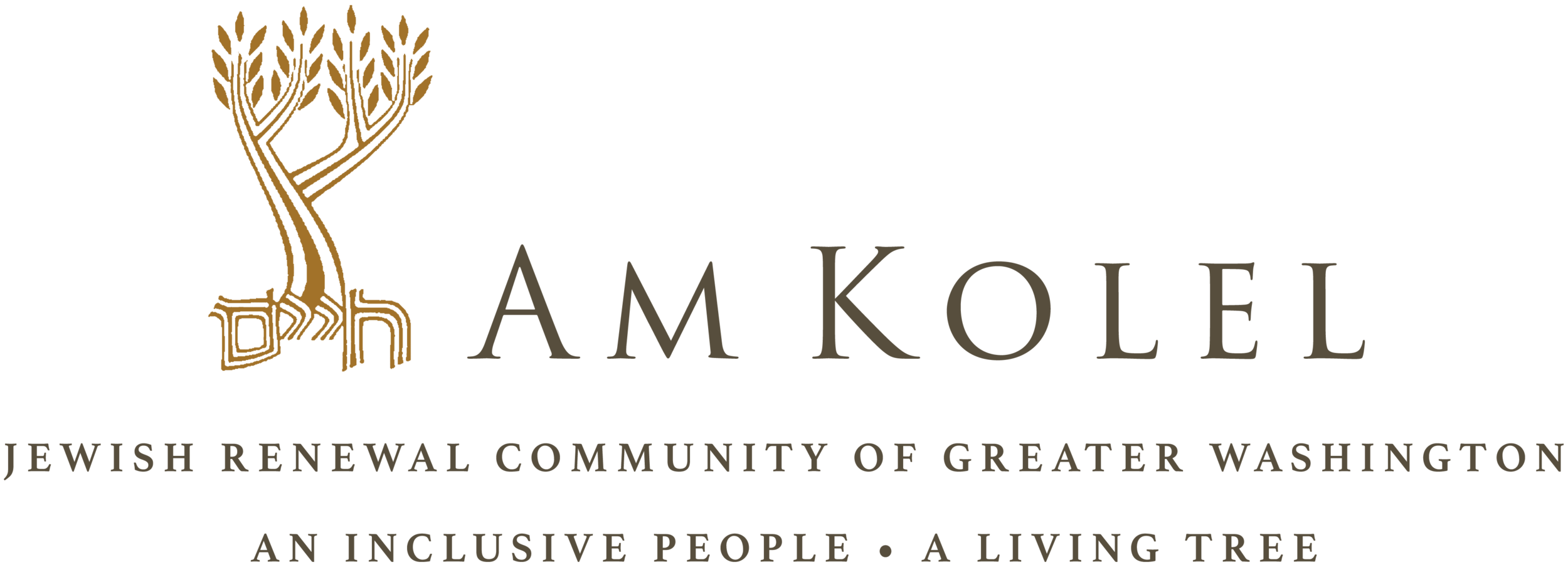Today is Rosh Chodesh Sivan. On the Muslim calendar it is Eid al Fitr...
Today is Rosh Chodesh Sivan. On the Muslim calendar it is Eid al-Fitr, the last day of Ramadan and, traditionally, a joyous festival. Both religions follow the lunar calendar. A new moon is about to emerge. But, today, the sky is dark, especially darkened by the war clouds, fighting and deaths in Israel and in the Palestinians territories.
This week also marks the beginning of the Book of Numbers, BaMidbar. BaMidbar means “in the wilderness” and recounts the journey and return of the Israelites to the land of Canaan. I can’t but feel that we are still on that journey. The Land promised to Avraham and his descendants (Genesis 12) has still not been fully realized. His descendants, after decades of trauma, have still not found a way to reconcile and live with each other on the Land.
What is our role as American Jews on this journey? Many Jewish organizations prefer to fuel the fires of discord and violence. Some, such as Hamas, in the Palestinian camp as well. What can we do regarding this present situation? From the recent statement from T’ruah, the Rabbinic Call for Human Rights:
“We need a political, not military solution. This return to violence does not serve the interests of Israelis or Palestinians. In the long term, only a peace agreement including an end to the occupation and the establishment of a Palestinian state to exist in mutual respect side-by-side with Israel will end this decades-long cycle of violence, which causes such unbearable suffering for residents of Gaza and for Israelis living within range of Hamas rockets...”
The most recent provocation has been the takeover by Jewish settlers of East Jerusalem neighborhoods. Read more about this online. Along with other rabbis, I have signed letters addressing this corruption of Jewish teachings to the Israeli government.
Today, on Rosh Chodesh Sivan, Am Kolel will send a generous contribution from our Peace Fund to Torat Tzedek and Rabbis for Human Rights in Israel.
This Sunday night begins the Festival of Shavuot. What does it mean to “Stand at Sinai” and to receive the Covenant? Your thoughts about this are most welcome.
Khodesh Tov,
Reb David
